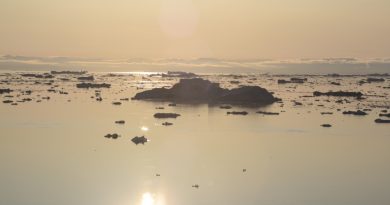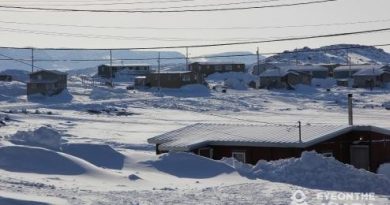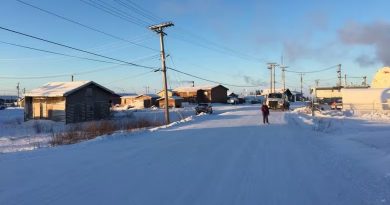Quebec ups Nunavik nurse bonuses 20 per cent to help stem labour shortage
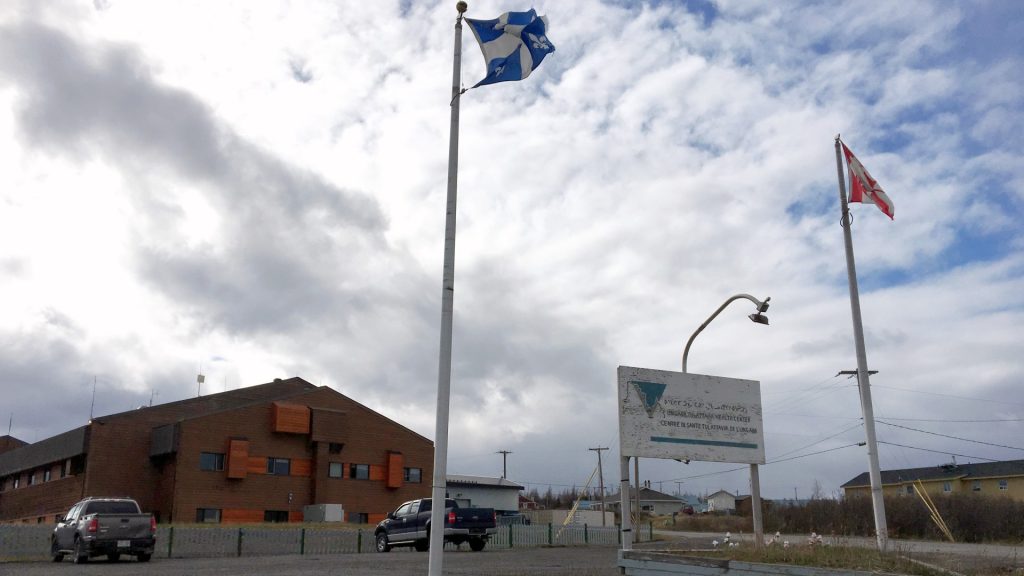
In an effort to stem the labour shortage in Nunavik’s health system, Quebec’s provincial government has announced bonus increases of 21.43 per cent.
The announcement was made after an agreement was signed between the government and the Fédération interprofessionnelle de la santé du Québec (FIQ) au Nunavik.
“These measures will help to attract new resources, but also to retain those who are already helping us in the field,” Quebec’s Health Minister Christian Dubé said in a statement on Wednesday.
“Improving the conditions for attracting more qualified staff will improve access to quality healthcare for the people of Nunavik.”
The increase will raise the current signing bonus from $14,000 $ to $17,000. For those working in the region’s more remote villages, the amount will go from $ 20,447 to $24,829.
The bonuses will be indexed to inflation.
The FIQ said the bonuses hadn’t been updated since 1999 and that the announcement was an important step to improving working conditions for health care workers in the region.
👏Par leur mobilisation, les professionnelles en soins du #GrandNord ont obtenu des gains importants! Il était impératif d’améliorer les conditions d’attraction et de rétention pour assurer l’accessibilité et la sécurité des soins aux communautés #polqc https://t.co/HI9IOI9i0X
— FIQ Santé (@FIQSante) June 15, 2023
“We’re talking about a 46% increase in these bonuses,”FIQ President Julie Bouchard said in a statement on Wednesday.
“This represents a significant monetary incentive that finally recognises the disadvantages associated with working in a particularly remote area, and will undoubtedly have a positive effect on attracting those who might be interested in going to Nunavik to work.”
Ongoing struggles to retain workers
Nunavik is the Inuit region of northern Quebec and is accessible only by plane.
Attracting health care workers to the North has been an ongoing challenge but became worse during the pandemic.
In summer 2022, things reached a breaking point when, at some points, only 13 nurses with enlarged roles were in place in the region’s seven Hudson Bay communities, when normally there are 30 such positions.
(An enlarged role nurse is nurse with special training. The training allows them to work in rural and isolated areas and do things like make patient assessments and other actions that nurses wouldn’t normally do.)
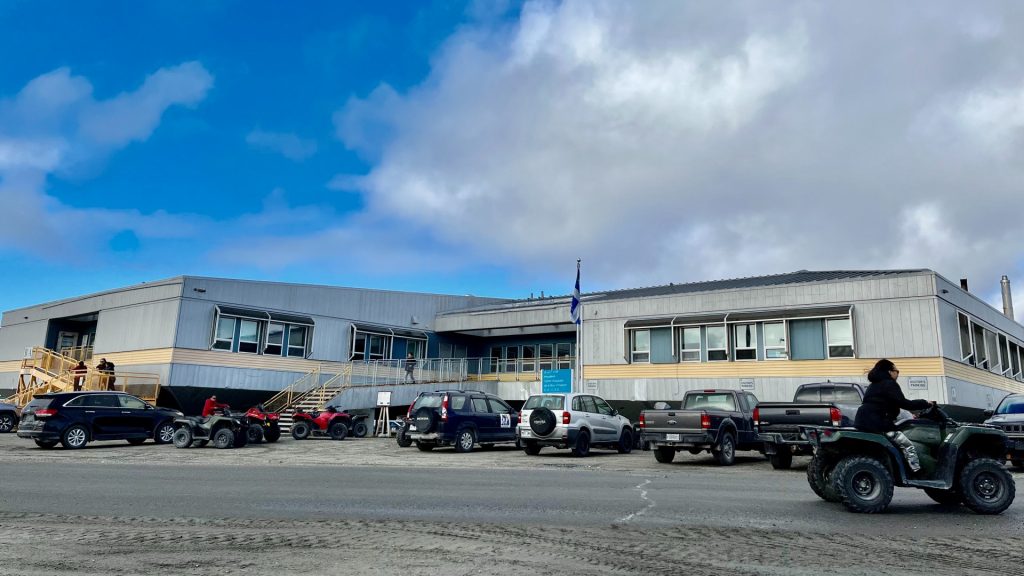
The labour shortage meant not only that some communities were without nursing staff but that in others, nurses could find themselves on call for more than 24 hours at a time without a break.
In January, Hudson Bay nurses staged a sit-in until a labour tribunal intervened.
“They were overworked, exhausted and no longer able to provide safe, quality care,” Bouchard said.
“They’ve mobilized over the past few months, and finally they’ve been heard by the Quebec government. Their working conditions will be improved, starting immediately. This is good news not only for care professionals, but also for the people who live in these communities.”
Increased trips down South
In addition to the bonuses, nurses will also be able to take up to six trips south a year, instead of four.
“This is an important element that will make it easier for these health care professionals to reconcile work and personal life, and will also help to stabilize the health care service in the Far North,” said Jerome Rousseau et Nathalie Levesque, FIQ vice-presidents and negotiators.
Comments, tips or story ideas? Contact Eilís at eilis.quinn(at)cbc.ca
Related stories from around the North:
Canada: Health services reduced in 6 Nunavut communities amid staff shortages, CBC News
Greenland: Greenland to reduce services amidst staffing shortages in health care system, Eye on the Arctic

